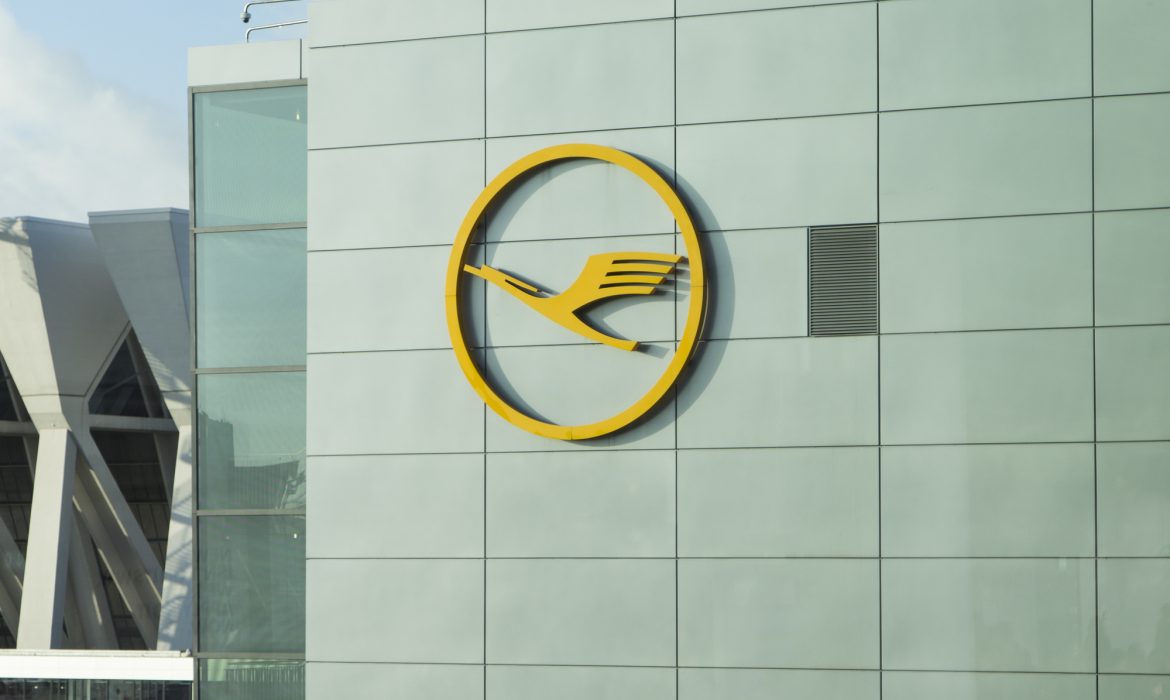Lufthansa’s chief executive has warned against government interference in the airline’s management as it seeks a 9 billion euro ($9.91 billion) state bailout as a way to survive the corona pandemic.
Travel bans have forced the German group to ground 700 of its aircraft, leading to a 99% drop in passenger numbers and causing the group, which includes Swiss, and Austrian Airlines, to lose about one million euros in liquidity reserves per hour.
“Up until the corona pandemic, we as the Lufthansa Group were competitive and successful. We were hit by this crisis through no fault of our own. We therefore now need government support, but we do not need government management,” Carsten Spohr said in a speech released late on Thursday, that had been due to be published at the company’s AGM on May 5.
Reuters reported on Wednesday that Lufthansa is negotiating a 9 billion euro bailout, with loans from Austria, Germany and Switzerland, citing a source close to the matter.
Germany could end up taking a 25.1% stake in the airline as part of the bailout, weekly paper Der Spiegel said on Friday.
The slump in travel due to the coronavirus pandemic has led to a sweeping restructuring of the airline industry, with other carriers also seeking state bailouts.
Lufthansa declined to comment on the status of its bailout talks.
A German government source confirmed to Reuters that negotiations were ongoing and Finance Minister Olaf Scholz, told the Passauer Neue Presse newspaper that “taxpayers can count on us not to conduct these talks naively.”
The talks, which are with the German, Austrian and Belgian governments and German state-backed lender Kreditanstalt für Wiederaufbau (KFW), are centred around setting conditions for a bailout and its repayment, Spohr’s speech said.
“At the moment we are not only discussing the levels of the necessary amounts, but are also negotiating the conditions and timelines as to when this help can be made available,” a transcript of the speech showed.
Switzerland’s government has already given Lufthansa assurances for a loan that will be guaranteed largely by the Swiss state, Spohr said.
“We must already develop a plan today for how we can repay the government loans and investments as quickly as possible,” Spohr said.
To save cash, it has said it will reduce its fleet by 100 planes and cut its workforce by 10,000.
Der Spiegel, citing unnamed sources familiar with the talks, said that as part of the bailout 5.5 billion euros would be provided in the form of non-voting capital, for which the German government wants a coupon of 9%.
A further 3.5 billion euros in loans would be provided by KFW, the paper said, adding that Belgium, Austria and Switzerland might contribute towards the bailout.
Spohr urged politicians to ensure that aid does not hamper Lufthansa’s chances going forward.
“If we want to compete globally against the three major airline groups in the USA, China and the Gulf Region, then we will only be able to do so as a European airline group,” he said in the speech.
The group’s liquidity is currently still above 4 billion euros, Spohr said.
“The question is whether we can avoid bankruptcy,” he said.






